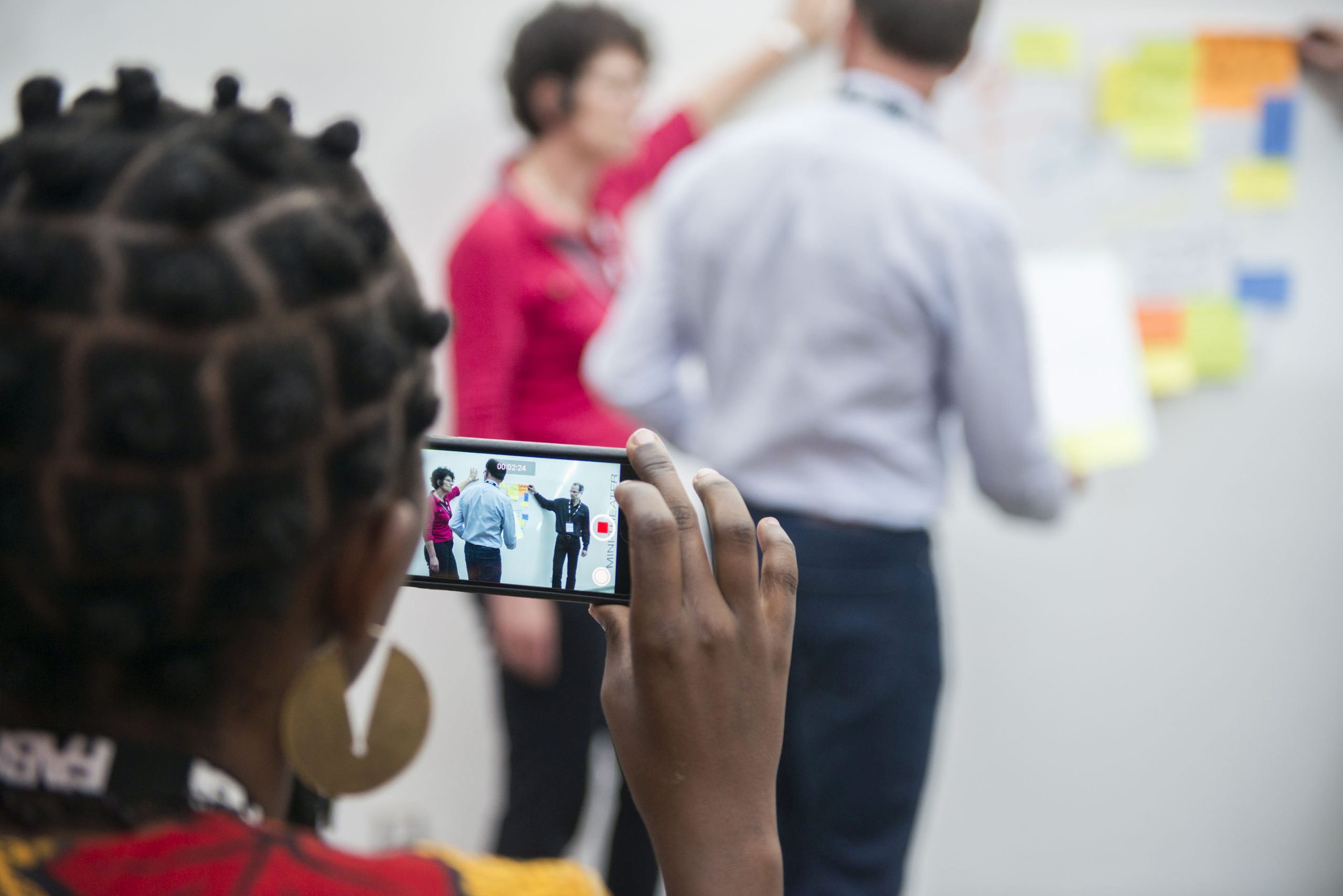Connecting Networks to Co-design Transformative Science Leadership Programmes for Africa
Research capacity in Africa is increasing rapidly, and needs to expand at an even faster pace to ensure that the continent and its youthful population can compete in the global knowledge economy in upcoming decades. At the same time, the complexity and tremendous societal and environmental challenges reflected in the UN Sustainable Development Goals demand interconnected, and often large, international teams, as well as an increasingly inter- and transdisciplinary research approach.
These complex challenges require more integrative management and leadership skills for researchers and scientists to enable collaboration across disciplines, institutions and countries, never mind the academia-societal divide. Much of this task in Africa will fall to scientists who are currently in their early to mid-careers, very few of whom are supported or equipped for this task.
To address these issues, on Sunday, 25 March 2018 representatives of the research community, universities, funding bodies, science programme managers and journalists got together at Innovation Village (Rooftop Kigali Public Library). The objective of the workshop was to develop a better understanding of the needs and potential impacts of science leadership programmes for universities, research institutions, science bodies and funders.
Focus of the discussion centred around six broad themes: underrepresented or disadvantaged groups; the scientific/research community; the media; university management; industry; science funders and funding agencies. This selection of topics illustrates the diverse needs and potentially different sectors that can be impacted by science leadership development programmes.
Some key insights revealed that there is obvious value in collaboration between existing science leadership development programmes to share best practices, approaches and materials, to connect their networks, and for sustainability of these programs.
A key question to answer, however, is how to reach marginalised and poorly supported researchers and academics in Africa with leadership and other skills development programmes.
Further, many young or newly established African universities are populated by early career academics, many of whom have not yet completed a PhD. These researchers should not be neglected, and should be the focus of dedicated leadership development programs. Focusing on this group and on young institutions provides a very good opportunity to drive change, even more so than focusing on well-established institutions.
Examples of Science Leadership Programmes or programmes with a leadership development element in Africa are as follows:
– Africa Science Leadership Program (ASLP; via the Global Young Academy, a sister program has been launched in the ASEAN region)
– ASLP-inspired university-based leadership programmes; e.g., Tuks Young Research Leader Program (University of Pretoria), Redeemers’ University Academic Leadership Program
– CIFAR Women in Science Leadership Workshops
– CIRCLE program of ACU/AAS, focused on climate change
– DELTAS Africa
– EXCELL Researcher and Leadership Development Programme of the Africa Research Excellence Fund (AREF)
– Future Africa Institute postgraduate programs
– Future Africa Early Career Research Leader Fellowship, focused on transdisciplinary research for the Bioeconomy
– Global Young Academy Science Leadership Workshops as pre-meeting workshops at annual meetings
– Pan-African Research College on Sustainable Cities
– Regional Initiative in Science and Education (RISE).
Please note that this is a dynamic list – if you know of any other such programs, please contact us at .
